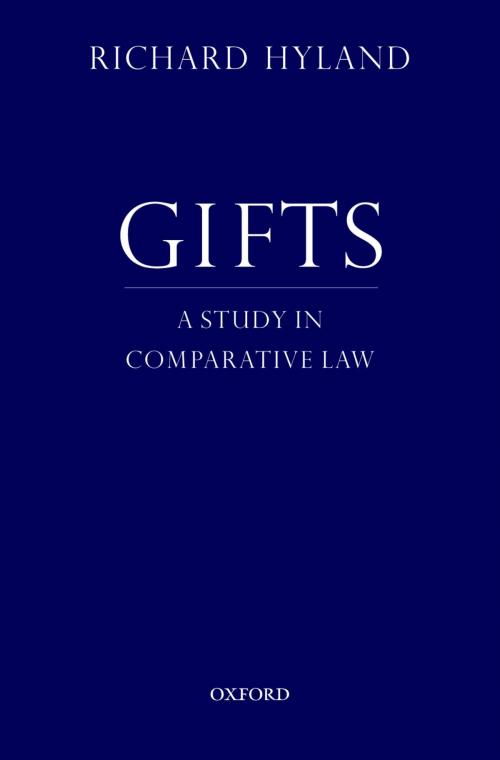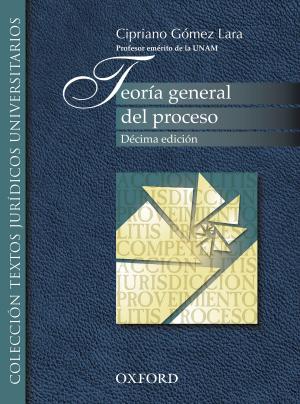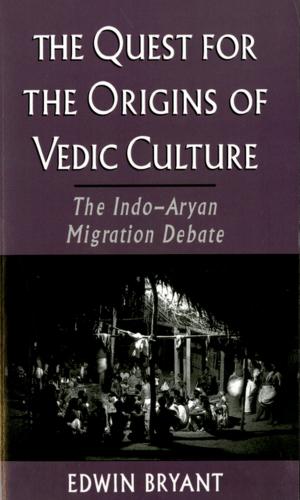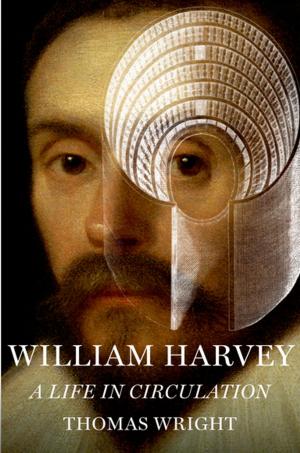| Author: | Richard Hyland | ISBN: | 9780190451158 |
| Publisher: | Oxford University Press | Publication: | June 5, 2009 |
| Imprint: | Oxford University Press | Language: | English |
| Author: | Richard Hyland |
| ISBN: | 9780190451158 |
| Publisher: | Oxford University Press |
| Publication: | June 5, 2009 |
| Imprint: | Oxford University Press |
| Language: | English |
Gifts: A Study in Comparative Law is the first broad-based study of the law governing the giving and revocation of gifts ever attempted. Gift-giving is everywhere governed by social and customary norms before it encounters the law and the giving of gifts takes place largely outside of the marketplace. As a result of these two characteristics, the law of gifts provides an optimal lens through which to examine how different legal systems engage with social practice. The law of gifts is well-developed both in the civil and the common laws. Richard Hyland's study provides an excellent view of the ways in which different civil and common law jurisdictions confront common issues. The legal systems discussed include principally, in the common law, those of Great Britain, the United States, and India, and, in the civil law, the private law systems of Belgium and France, Germany, Italy, and Spain. Professor Hyland also serves a critique of the dominant method in the field, which is a form of functionalism based on what is called the praesumptio similitudinis, namely the axiom that, once legal doctrine is stripped away, developed legal systems tend to reach similar practical results. His study demonstrates, to the contrary, that legal systems actually differ, not only in their approach and conceptual structure, but just as much in the results.
Gifts: A Study in Comparative Law is the first broad-based study of the law governing the giving and revocation of gifts ever attempted. Gift-giving is everywhere governed by social and customary norms before it encounters the law and the giving of gifts takes place largely outside of the marketplace. As a result of these two characteristics, the law of gifts provides an optimal lens through which to examine how different legal systems engage with social practice. The law of gifts is well-developed both in the civil and the common laws. Richard Hyland's study provides an excellent view of the ways in which different civil and common law jurisdictions confront common issues. The legal systems discussed include principally, in the common law, those of Great Britain, the United States, and India, and, in the civil law, the private law systems of Belgium and France, Germany, Italy, and Spain. Professor Hyland also serves a critique of the dominant method in the field, which is a form of functionalism based on what is called the praesumptio similitudinis, namely the axiom that, once legal doctrine is stripped away, developed legal systems tend to reach similar practical results. His study demonstrates, to the contrary, that legal systems actually differ, not only in their approach and conceptual structure, but just as much in the results.















